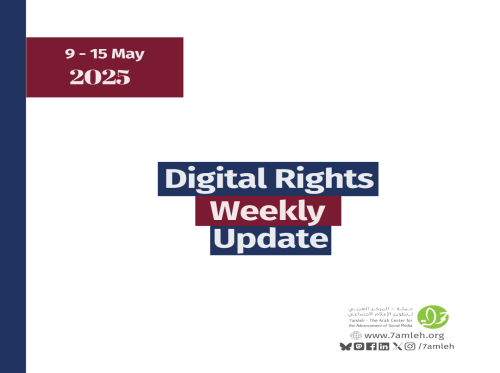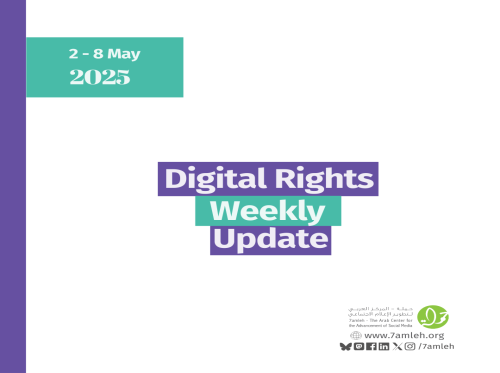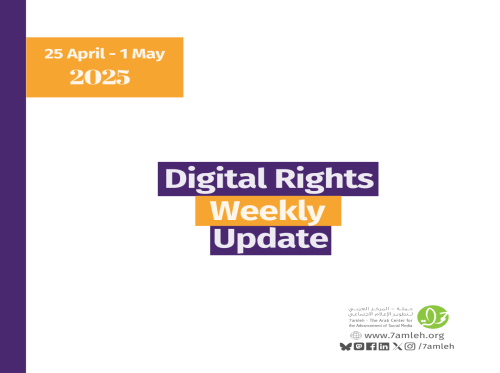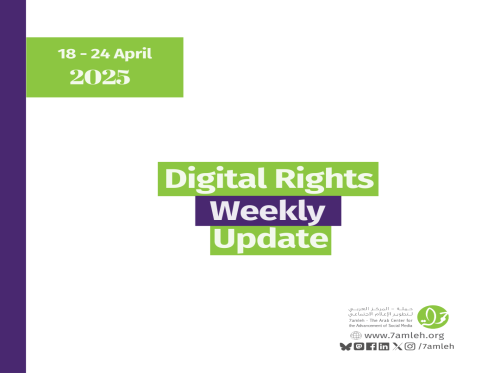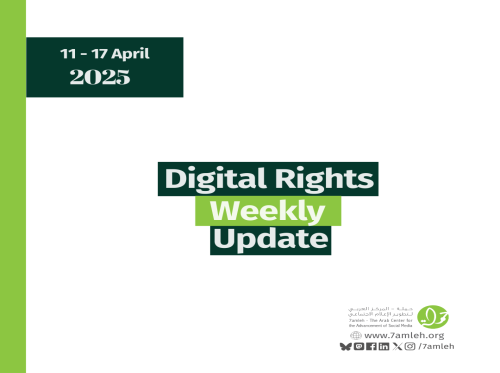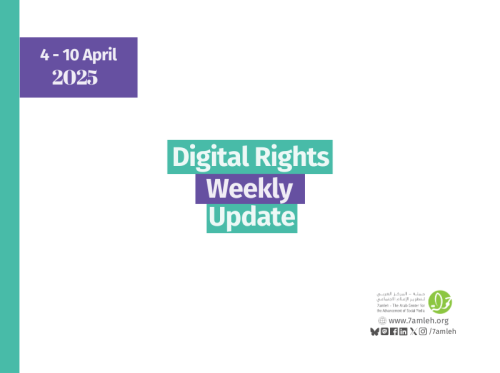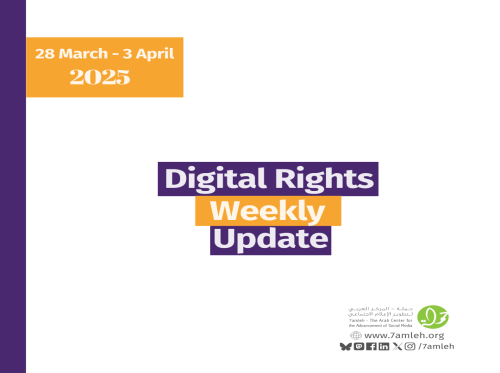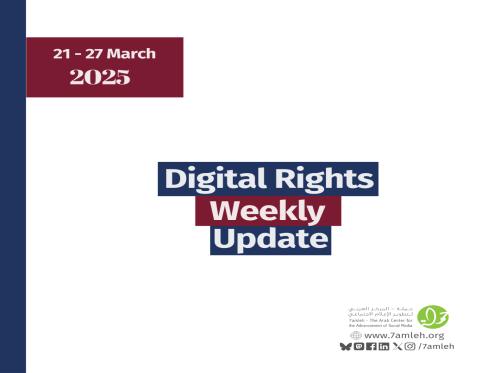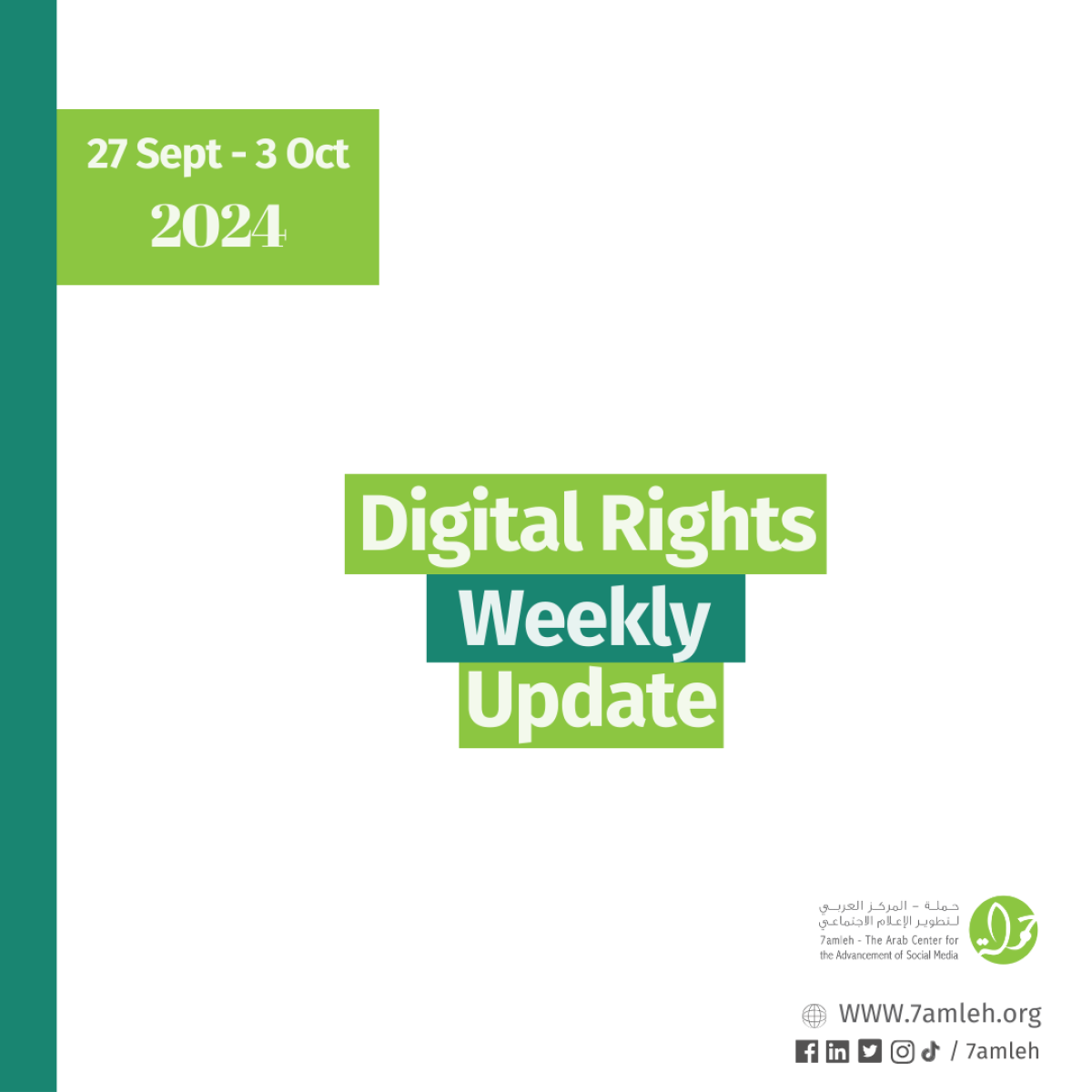
Preserving the Ephemera of War
New lines magazine
The ability to quickly share images of destruction via social media has transformed how we view conflict, particularly the war in Gaza, having an enormous effect on public opinion worldwide. Yet the way that platforms are being used in 21st-century conflicts surpasses the everyday sharing of information. Social media has become an important tool in setting down a historical record of the war, verifying exactly what has happened and, ultimately, prosecuting any potential war crimes that have occurred. As this new role of social media — whether X (formerly Twitter), Telegram, Instagram or Facebook — edges into place, many are wondering what mechanisms exist for preserving these documents of war.
Social media’s double-edged sword: Israel’s war through the lens of Telegram and TikTok
Calcalist
As social media platforms like Telegram and TikTok take center stage in shaping public opinion, Israel faces critical challenges in managing real-time information and the global battle for hearts and minds. From Telegram’s role in breaking news to Israel’s failure on TikTok, the digital battleground is reshaping both local and international narratives. The immense role that social media plays in daily life is already a well-established fact; from interpersonal communication, to recreation, to the promotion of political ideologies. In Israel in 2024, the use of social media was crucial, both on domestic and international fronts.
Moderating Maghrebi Arabic Content on Social Media
Center For Democracy And Technology
People express their deepest desires, emotions, and imaginative ideas through language. However, Global North languages, particularly English, dominate in knowledge-sharing and technology. This has led to the marginalization of, and inadequate support for, Global South languages in digital spaces, particularly in the realm of content moderation. Content moderation involves governance mechanisms that determine participation in a certain community and control what is seen and what is valued online (Grimmelmann, 2015). By removing or reducing harmful content, content moderation helps ensure positive user experiences, safeguards social media platforms’ brand reputation, enables compliance with legal requirements, and increases advertising revenues (Roberts, 2018).
Facebook and Instagram Restrict the Use of the Red Triangle Emoji Over Hamas Association
The intercept
Meta is restricting the use of the upside-down red triangle emoji, a reference to Hamas combat operations that has become a broader symbol of Palestinian resistance, on its Facebook and Instagram, and WhatsApp platforms, according to internal content moderation materials reviewed by The Intercept. Since the beginning of the Israeli assault on Gaza, Hamas has regularly released footage of its successful strikes on Israeli military positions with red triangles superimposed above targeted soldiers and armor. Since last fall, use of the red triangle emoji has expanded online, becoming a widely used icon for people expressing pro-Palestinian or anti-Israeli sentiment. Social media users have included the shape in their posts, usernames, and profiles as a badge of solidarity and protest.
Related Articles
Subscribe to Our Email Alerts
And stay updated with our latest activities, news, and publications!

